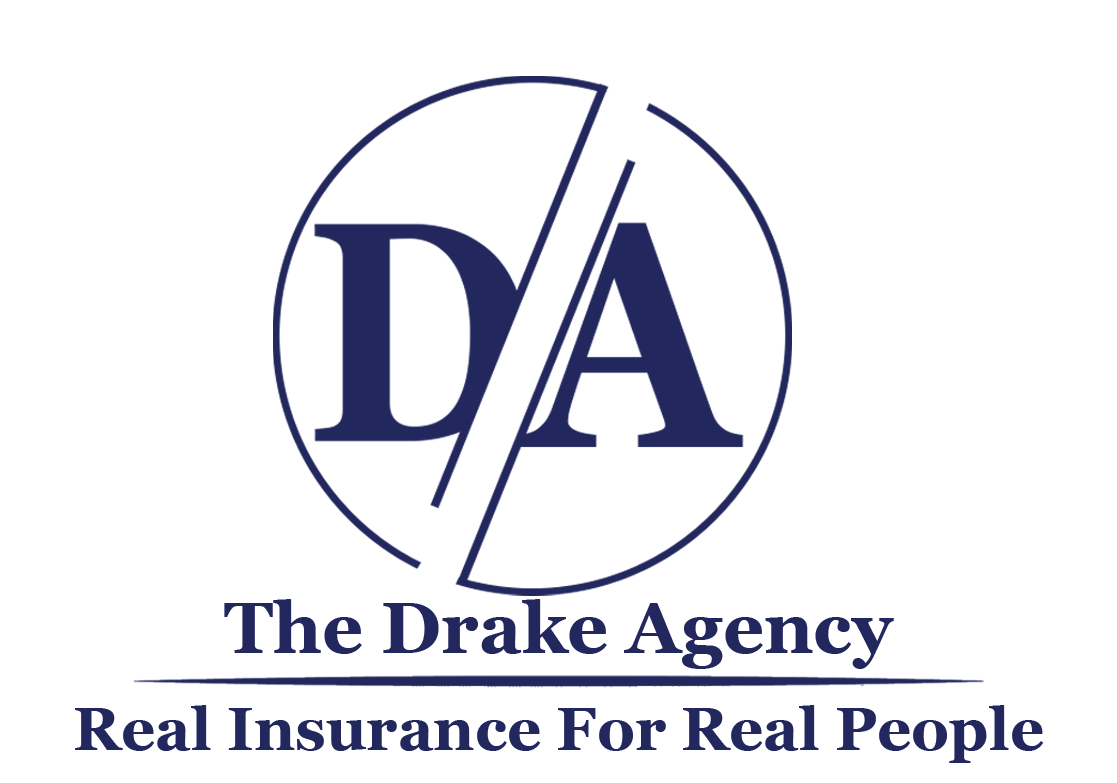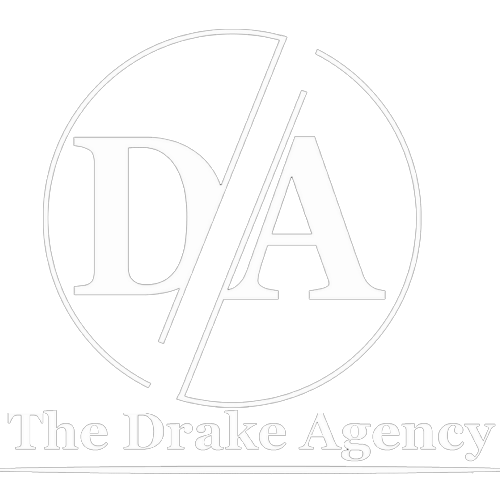How To Compare Car Insurance Quotes
Comparing car insurance rates can be a good way to assess if you're getting the most value for your money. When shopping for car insurance, it's important to understand the difference between car insurances quotes and rates.
- A car insurance quote is an estimate provided by an insurance company detailing how much you can expect to pay for an insurance policy.
- A car insurance rate is the amount you pay for an auto insurance policy over a certain period of time. The rate is affected by the coverages you choose and some other auto-related factors, such as your driving record.
You may need to have some personal and vehicle information ready when requesting a car insurance quote. This could include your address, Social Security number, Vehicle Identification Number (VIN) and your car's mileage.
The Insurance Information Institute (III) suggests comparing at least three quotes from different auto insurance providers. Each quote you get should be based on the same set of coverages, limits and deductibles, so you can compare them side by side.
Not sure where to begin? This video can help you learn how to compare car insurance rates from different companies.
1. SELECT APPROPRIATE LIABILITY LIMITS WHEN YOU COMPARE CAR INSURANCE RATES.
Auto liability coverage is required by law in most states. Liability coverage may help pay for someone else's car repairs or medical bills if you cause an accident.
Bodily injury liability coverage helps cover expenses related to another person's injury if you are found liable for an accident. Property damage liability coverage helps pay for damage you may cause to another person's property.
Most states set minimum liability coverage limits that drivers must purchase. You may also have the option to increase your auto liability limits, which may be a good idea. This is because if you cause an accident and the damage exceeds your state's minimum liability coverage limits, you could end up paying out of pocket for the additional expenses. Keep in mind if you do choose a higher liability limit, your insurance premium may increase. If you select the state minimums or increase your coverage, make sure the limits you choose for bodily injury liability coverage and property damage liability coverage are the same for every quote you request.
2. SET THE SAME DEDUCTIBLES FOR THE RATES YOU COMPARE.
Some car insurance coverages, such as collision coverage and comprehensive coverage, typically come with a deductible that you may be able to adjust. A deductible is the amount you'll pay out of pocket toward a covered claim. Increasing your deductible may lower your car insurance premiums, says the III. However, a higher deductible means you'll pay more out of pocket before your insurance coverage kicks in after a covered loss.
When you are comparing car insurance rates, the deductibles you choose should be the same for each quote so you can make an accurate comparison.
3. COMPARE CAR INSURANCE RATES WITH THE SAME COVERAGES.
While liability coverage is required in most states, other coverage requirements vary from state to state. Some coverages may even be optional. You may want to familiarize yourself with your state's specific car insurance requirements before you begin asking for quotes.
Then, make sure you've selected the same set of required and optional coverages for each quote to help you accurately compare car insurance rates.
The following list shows standard and optional requirements for most car insurance policies.
Required car insurance coverages:
- Liability coverage : Helps pay for another person's property damage or medical bills if you cause an accident.
Required car insurance coverages in some states:
- Uninsured and underinsured motorist coverage : May help cover your expenses if you're hit by a driver without insurance, or without enough insurance.
- Medical payments coverage : Helps pay for medical expenses if you or your passengers are injured in a car accident.
- Personal injury protection (not available in all states): Coverage may help with hospital bills, lost income and child-care services if you're injured in a car accident.
Optional car insurance coverages :
- Comprehensive coverage : Helps pay to repair damage to your car that wasn't caused by a collision. Coverage may include theft, vandalism or animal damage. If you're leasing or paying off a loan on your car, your lender may require you to have comprehensive coverage.
- Collision coverage : This coverage helps pay for repairs if your car is damaged or totaled in a collision with another vehicle or object (such as a fence). If you're leasing or financing your car, your lender may require collision coverage.
- Rental reimbursement coverage : Helps pay for a rental car while your car is being repaired after a covered accident.
- Towing and labor cost coverage: May help cover certain services if your car breaks down. Jump starts, fixing a flat tire or towing may be covered.
- Gap insurance coverage : If your brand-new car is totaled in a covered accident, gap insurance may help pay off an underwater auto loan.
If you need help understanding your car insurance quote, contact us at the Drake Agency Today. We can help you customize an auto insurance policy and choose coverages that suit your needs.
Insurance Agent
Adam Drake
Nassau: 516-916-4020
Suffolk: 631-557-4680
NYC: 212-324-3025
Nassau Address: 26 Nassau Blvd., Garden City, NY 11530
Email: Adam@TheDrakeAgency.com
Leave a comment
Latest Posts


Our Insurance
Whether you need insurance policies to cover your home or your vehicle in New York, you can work with The Drake Insurance Agency to make sure you get the best coverage.
Location
(516) 916-4020
(631) 557-4680
(212) 324-3025
Email us







